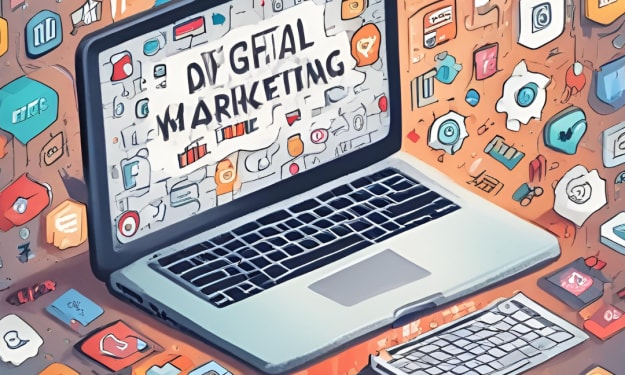The Loneliness Epidemic
Understanding its Causes and Consequence.

Loneliness is a complex emotional state that occurs when an individual feels disconnected or isolated from others. It is often characterized by feelings of sadness, emptiness, and a sense of being alone, even in the presence of others. In recent years, there has been growing concern over what some experts are calling the "loneliness epidemic." This is the idea that despite living in an age of technological connectivity and social media, many people are feeling more disconnected and lonely than ever before. In this essay, we will explore the causes of the loneliness epidemic and its impact on individuals and society as a whole.
The Causes of the Loneliness Epidemic
One of the primary causes of the loneliness epidemic is the breakdown of traditional social structures. In the past, people relied on close-knit communities, such as churches, neighborhoods, and extended families, to provide them with a sense of belonging and purpose. However, as society has become more individualistic and people have moved away from their hometowns, these traditional social structures have weakened. This has left many people feeling isolated and disconnected from their communities.
Another factor contributing to the loneliness epidemic is the rise of social media and digital communication. While social media platforms have made it easier than ever before to connect with others, they have also created a culture of "virtual" social interaction that can be superficial and ultimately unsatisfying. Studies have shown that spending too much time on social media can lead to feelings of loneliness and depression.
Additionally, modern work culture may also be contributing to the loneliness epidemic. Many jobs now require long hours and intense focus, leaving little time for socializing or building relationships with coworkers. In addition, the rise of the gig economy has made it more difficult for people to form long-term relationships with their employers or colleagues, which can contribute to a sense of isolation.
The Impact of the Loneliness Epidemic
The loneliness epidemic has significant consequences for both individuals and society as a whole. For individuals, loneliness can lead to a range of physical and mental health problems. Studies have shown that chronic loneliness can increase the risk of heart disease, stroke, and depression. It can also weaken the immune system, making individuals more susceptible to illness.
Loneliness can also have a significant impact on mental health. People who experience chronic loneliness are more likely to suffer from anxiety and depression. They may also be more prone to addiction and other risky behaviors, as they seek to fill the void created by their isolation.
From a societal perspective, the loneliness epidemic can also have significant consequences. For example, it can lead to a breakdown in social cohesion and increased polarization. When people feel disconnected from others, they are more likely to seek out groups that share their values and beliefs, leading to increased polarization and social fragmentation.
In addition, the loneliness epidemic can also have economic consequences. Studies have shown that loneliness is associated with decreased productivity and higher healthcare costs. This is because individuals who are lonely are more likely to miss work, have difficulty concentrating, and may be more prone to illness.
Addressing the Loneliness Epidemic
Given the significant consequences of the loneliness epidemic, it is important that we take steps to address it. One of the key ways to combat loneliness is to rebuild and strengthen traditional social structures. This could include investing in community-building programs and initiatives, such as neighborhood festivals, community gardens, and volunteer programs.
Another way to combat loneliness is to encourage more face-to-face interaction. This could involve promoting social activities, such as group fitness classes, book clubs, or community events. It could also involve promoting more social interaction in the workplace, such as team-building exercises and social events.
Finally, it is important to address the impact of social media and digital communication on loneliness. This could involve encouraging people to limit their social media use, or promoting more meaningful and authentic online interactions.
Conclusion
The loneliness epidemic is a growing concern that is affecting individuals and society as a whole. The breakdown of traditional social structures, the rise of social media and digital communication, and modern work culture are all contributing to this phenomenon. Chronic loneliness can lead to a range of physical and mental health problems, as well as social and economic consequences.
To combat the loneliness epidemic, we need to take a holistic approach. This could involve investing in community-building initiatives, promoting face-to-face interaction, and addressing the impact of social media on loneliness. By working together, we can rebuild the social connections that are essential for our well-being and the well-being of our communities.
About the Creator
Melodic Narrator
Introducing the voice that will enthrall your senses and redefine your perception of storytelling. Meet melodic narrator, the captivating maestro of Vocal.Media. Embark on a journey of enlightenment with melodic narrator.
Enjoyed the story? Support the Creator.
Subscribe for free to receive all their stories in your feed. You could also pledge your support or give them a one-off tip, letting them know you appreciate their work.






Comments
There are no comments for this story
Be the first to respond and start the conversation.